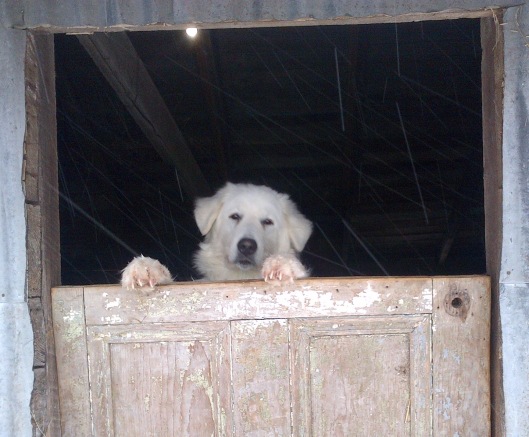In a rant against ‘purely positive’ methods (as applied to herding), one of the discussants argued that punishment is not only ok but necessary, because our “dogs live in a world of ‘no’.”
I thought this was quite poignant. And true.

The more I study learning behavior and dog training, the more parallels I find myself drawing with our human education system, and our social systems in general. We live in an incredibly punitive world. We are constantly punished for trying anything new, anything out of the norm. If not socially reprimanded, then typically economically so. More often than not, both.
I’m not sure where I’m going with this. My brain just keeps ruminating on the subject, and noting more and more examples to support this overarching observation. Reading that angry rant against R+ training on a site I regularly interact with left me needing to find an outlet for my thinking. And that forum was not the outlet.
I’m left wondering what kind of world we’d have if we could make the shift to a more positive, rewards-based way of interacting with one another. Not just in dog training, but in our schools, our work environments, and every day life. I wonder…
